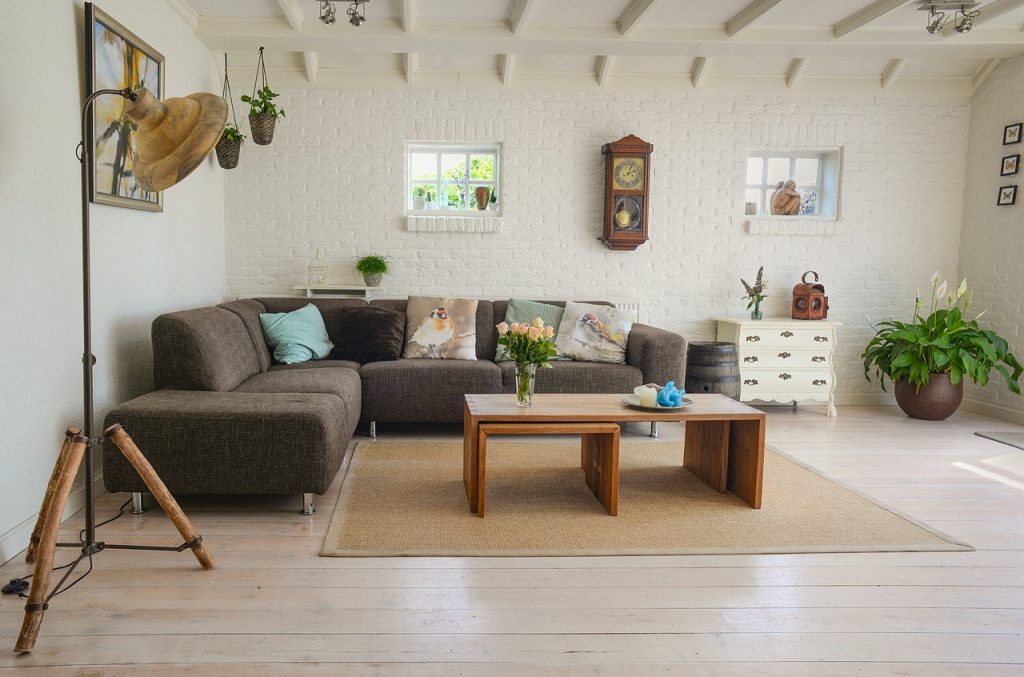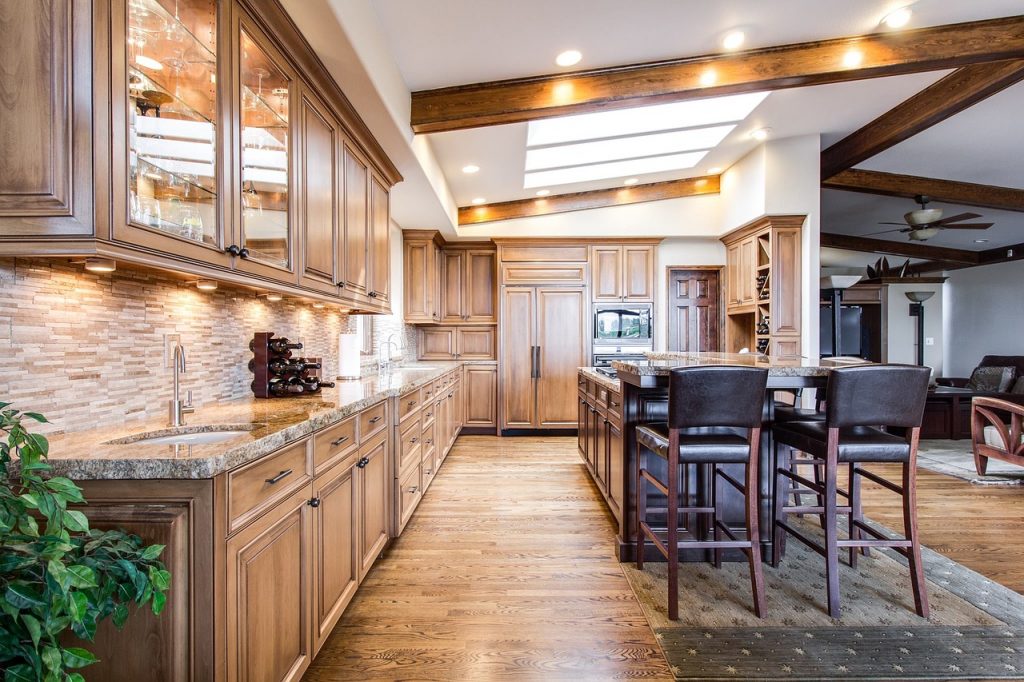So you’ve decided: 2019 is going to be the year you finally embark on that ambitious DIY project. Maybe you’re looking to build a conservatory extension, or perhaps you’re going to construct that gaming haven you’ve always had your eye on. Whatever your personal dream project might be, you’ve got stars in your eyes and you’re thinking about what your home is going to look like when you’re finished.
Ease up there, though; there are a number of steps involved before you make your dream a reality. Plenty of people plan out elaborate DIY projects only to be scuppered when they realise they haven’t made adequate preparations, so their dreams fall at the first hurdle. Don’t let this be you – follow our easy 5 steps to make sure you’re prepared for your renovation and there’s no way you can fail.
Make sure you’ve got the money
This one shouldn’t come as a surprise, nor should it be news to you. If you’re going to renovate your property, build an extension or even just replace furniture, you’re going to need cash. There are ways you can cut down on the expenses required, but in the end you’ll definitely need a reasonably sizeable source of money before you start. Several options are open to you here. You could opt for a loan – find yourself a flexible, fair loan company and simply borrow the amount you need. Alternately, you could ask around family, friends and co-workers to see if anyone could lend you the money in return for a favour in future or some other repayment. There are always methods for obtaining the kind of cash needed for a DIY project, so don’t let this practical consideration get in the way.
Make a clear plan for yourself
At this stage, all of the possibilities will be floating around your head and there might not be any clear manifestation of what the project will technically entail. You’ll need to second-guess yourself and make sure that you create a detailed plan of what you’ll need to do, what materials you need, whether you’ll need any outside help, et cetera. Visualise what you want the completed project to look like, then think through every single step of what will actually be required to make it a reality. If it helps, write down the plan in steps, or create blueprints which you can work to. You might want to recruit outside help for this step; if you’ve got a family member who keeps you on the straight and narrow and helps you see the world in realistic terms, this would be the time to get them involved.
Create a schedule
If you’ve tried before and failed to get a project off the ground, it may be because you’re not being strict enough with yourself when it comes to time management. Don’t be unrealistic; if you know you won’t complete the project in a certain number of months, even though you’d like to, don’t overwork yourself to achieve this impossible goal. Instead, think about fitting the project around your other commitments and come up with a realistic time estimate of when you’re going to be done. Once you’ve got this, create a step-by-step plan, including how much time you’re going to spend on your project daily, and make sure you stick to it. If you don’t, the project may quickly fall by the wayside and you’ll curse yourself for not finishing it.

Be creative
Since you’re renovating your home (or constructing a new extension, or whatever it is you happen to be doing), you’ll want the finished product to represent you and your family in some way. As such, although you’ll need to work within realistic parameters, it never hurts to get creative. Have fun with the design of whatever it is you’re working on. If it’s something external, make sure it isn’t an eyesore for neighbours or that it doesn’t impinge on anyone else’s convenience, but other than that the sky is the limit. If it’s internal, then this goes double. Have fun with the decoration and structure of a room you’re renovating, or try to find fun, unconventional furniture. That creative edge will not only instil a sense of pride in what you’ve made, it’ll also keep you coming back to complete future projects since this one was so successful.
Reward yourself
Once the project is complete, it’s time to celebrate. Take your family out for a meal if you live with people, or go out for your favourite food if it’s just you. Associating a completed project with a reward in your brain means you’re more likely to be able to approach a new project in future; if you know there’s something waiting for you at the end of the road, that’ll make the steps you take along the way much more palatable.



